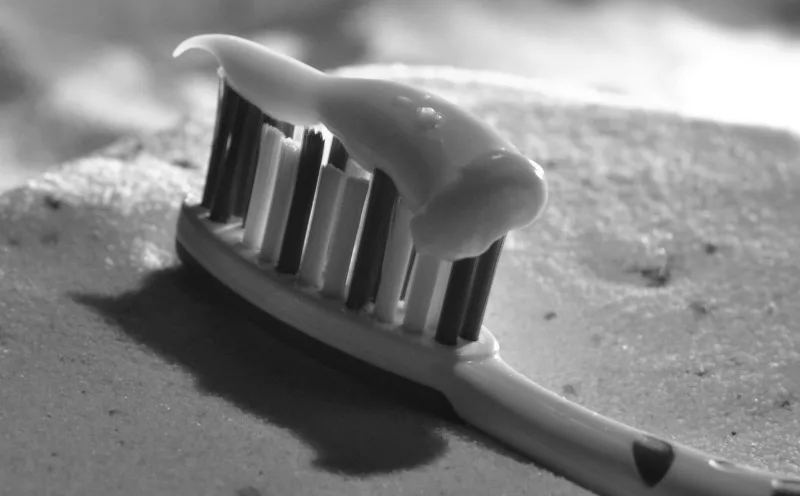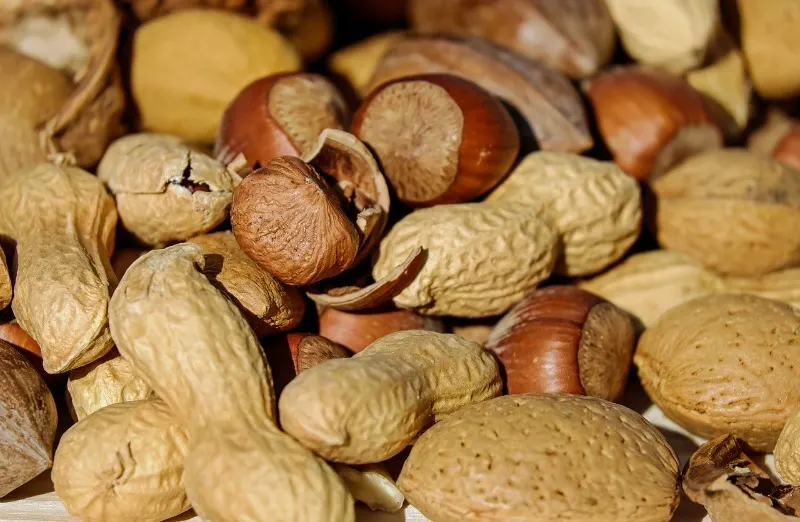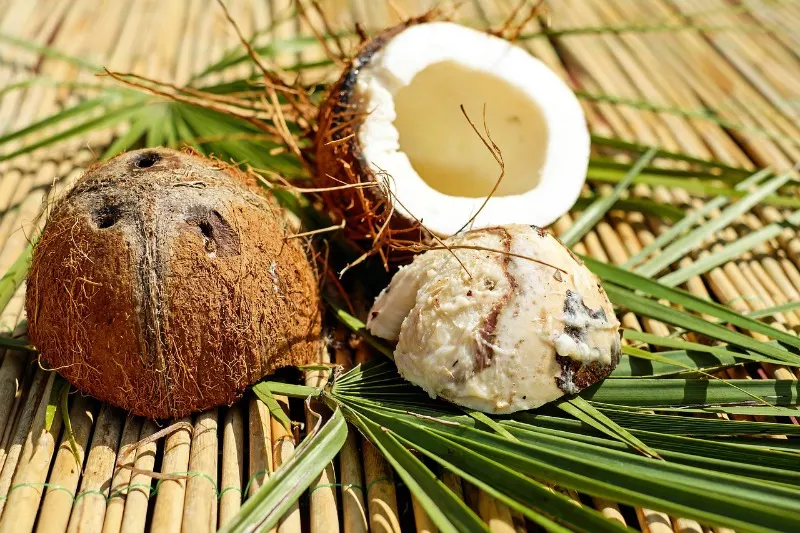How much do you think about your teeth?
Ideally, the answer to the above question is “not a lot”. Besides a daily routine targeted towards teeth care, the best case scenario is that you don’t have any call to think about your teeth. They don’t hurt; they’re not sensitive to the cold; they look good, if in need of the occasional whitening. They’re part of you, and you acknowledge them, but you don’t focus on them. Unless they let you know they are there with a toothache.
Except… that’s rarely how it works out. That’s the problem with idealistic scenarios; for the vast majority, they’re not realistic.
Even if you’re lucky enough to avoid a tooth emergency resulting in an inconvenient Sunday dentist trip, teeth are still a problem. Routine visits to the dentist are something we know we should do but avoid out of fear for a massive bill.
The issues are long-running and can impact anyone from any walk of life. The pain (thanks to abscesses, wisdom teeth, cavities, and injuries); the procedures (root canals) – it makes us focus on our teeth. We have to, because we can’t not do it. And if we don’t, boy are our teeth quick to remind us and demand some attention.
So What’s Your Oral Routine?
 Image via Pixabay
Image via Pixabay
For most, a standard oral routine will involve the following:
- Daily brushing to remove plaque and food debris.
- Flossing (though there is actually no evidence for its efficacy…)
- Mouthwash.
- Most of us leave it at that point.
So Is That All It Takes?
Let’s be realistic. If the above was all that we needed to keep teeth problems under control, then why do so many of us suffer with them?
Furthermore: why are we not finding out why we’re having these problems in the first instance?
Unlike most things, oral health has gotten worse as the centuries have passed. We know from archaeological digs that the teeth of the Saxons (around 11th Century England) were pristine. The teeth of skeletons then begin to get worse and worse. Most people reading this will have a cavity, a filling or have experienced some sort of oral infection. So why – in an age where development is so prized – are we not focusing on the cause?
It’s Profitable To Focus On The Easy Solution
Dentists aren’t at fault here. Let’s face it: most of us outright ignore what our dentist says. They can only clean up the damage and make recommendations, in the vain hope we will follow them.
If your dentist told you to stop eating nuts, would you do it?
I’m going to bet the answer to that is no.
It’s easier for us to throw a different solution at a problem than making real changes; changes that impact us, deny us things. It’s a lot easier to think a new mouthwash or toothpaste is the solution than to alter our everyday behavior.
There’s a lot of money in offering quick fixes. Manufacturers want to sell you the latest toothpaste, not give you any indication why you’re in this mess in the first place. There’s no profit there!
So… What Is The Problem?
 Image via Pixabay
Image via Pixabay
I’ve mentioned it a few times now. Hinted that there is something lurking in the depths of the issue (and no, it’s not Slytherin’s basilisk). And there is. It’s call phytic acid. And as far as teeth go, it’s about as destructive as a basilisk venom is against a Horcrux.
Phytic acid is, as the name suggests, an acid. It’s a natural acid too, so don’t go blaming this on people cooking destructive compounds up in a lab. You can find it in most foods, but it’s at its most abundant in foods such as grains, nuts, and legumes.
 Image via Pixabay
Image via Pixabay
Phytic acid is bad for your teeth. It damages the outer enamel, which then means the most sensitive parts of the tooth become exposed. This leads to more pain, more sensitivity and just in general poorer oral health.
Hang On, Isn’t Eating Nuts and Legumes Good For You?
If you’re ever read advice on healthy eating, then the idea of the above being bad for you in some way is probably shocking. These are the good guys! Nuts are the fantastic food that helps steady your blood sugar and make you feel full! They’re full of good fats and are high in protein! How can they be bad for you?
Don’t get me wrong – nuts are still all of those things. Especially nuts like almonds, cashews, and hazelnuts. Brazil nuts can deliver your daily dose of selenium – a vital mineral – in four bites. Nuts still are the good guys – for your body. What they’re not so good for are your teeth.
What Else Is An Issue?
 Image via Pixabay
Image via Pixabay
Where there is one problem with something, there’s another – this one may be a little less surprising, however. Foods that are high in sugar cause oral health issues, as they give bacteria something to feast on and multiply.
“I know this,” you tut, because you probably do. We all know that candy and sweets mean that we’re compromising our oral health. What we rarely tack onto this advice is that it’s not just candy that contains sugars.
What else contains sugars? Fruit, that great bastion of healthy eating. The same applies to starchy vegetables, with sweet and regular potatoes being prime suspects. Consuming all of these foods can make your oral health suffer to the point you have to see a dentist more often than you would like.
But… How Do I Balance These Two Things?
 Image via Pixabay
Image via Pixabay
So on the one hand, you’ve got the irrefutable fact that nuts and legumes are good for you (grains are more open to debate). They’re beneficial for weight loss, give you a huge nutrient boost and can help keep your blood sugar stable. Fruits and starch-heavy veg have the same benefits, such as huge amounts of vitamin C found in potatoes.
Then on the other hand (or mouth, so to speak), these items cause problems with your oral health.
The Dreaded “M” Word
It comes up again and again in any advice related to eating habits, but it really is all about moderation. Here’s how to bring both benefits together, while limiting the negatives:
- Try and limit your consumption of nuts, legumes, and starchy veg to a couple of times a week.
- When you do eat them, brush your teeth as soon afterward as possible. This is an inconvenience, so it should mean that you’re less likely to want to eat these items without due consideration.
- If possible, try coconut oil pulling after consuming these foods to minimize the residue left on teeth from their contents.
 Image via Pixabay
Image via Pixabay
As For The Rest of Your Dental Regime…
- Fluoride is a highly controversial topic, but scientific evidence for the benefits suggest it should not be so. If you’re not comfortable using toothpaste every day containing fluoride, then try using a mouthwash weekly.
- Don’t use “whitening” toothpaste too often. The whitening effect is usually achieved using abrasion, most commonly from baking soda. This abrasion does remove stains, but it can also damage tooth enamel if used as your daily toothpaste.
- Flossing not be as effective as we thought, but it’s also unlikely to be harmful. If you find it uncomfortable, then consider using a water flosser.
It’s tough when you have two pieces of conflicting advice. However, by being smart about it, you can maximize the benefits while limiting the downside. Get it right, and you’ll have to visit the dentist less often – that’s got to be worth a try, right?
 Image via Pixabay
Image via Pixabay

Jhoei
Tuesday 20th of August 2019
This is very interesting to know. Thanks for sharing this. I learned something new today.